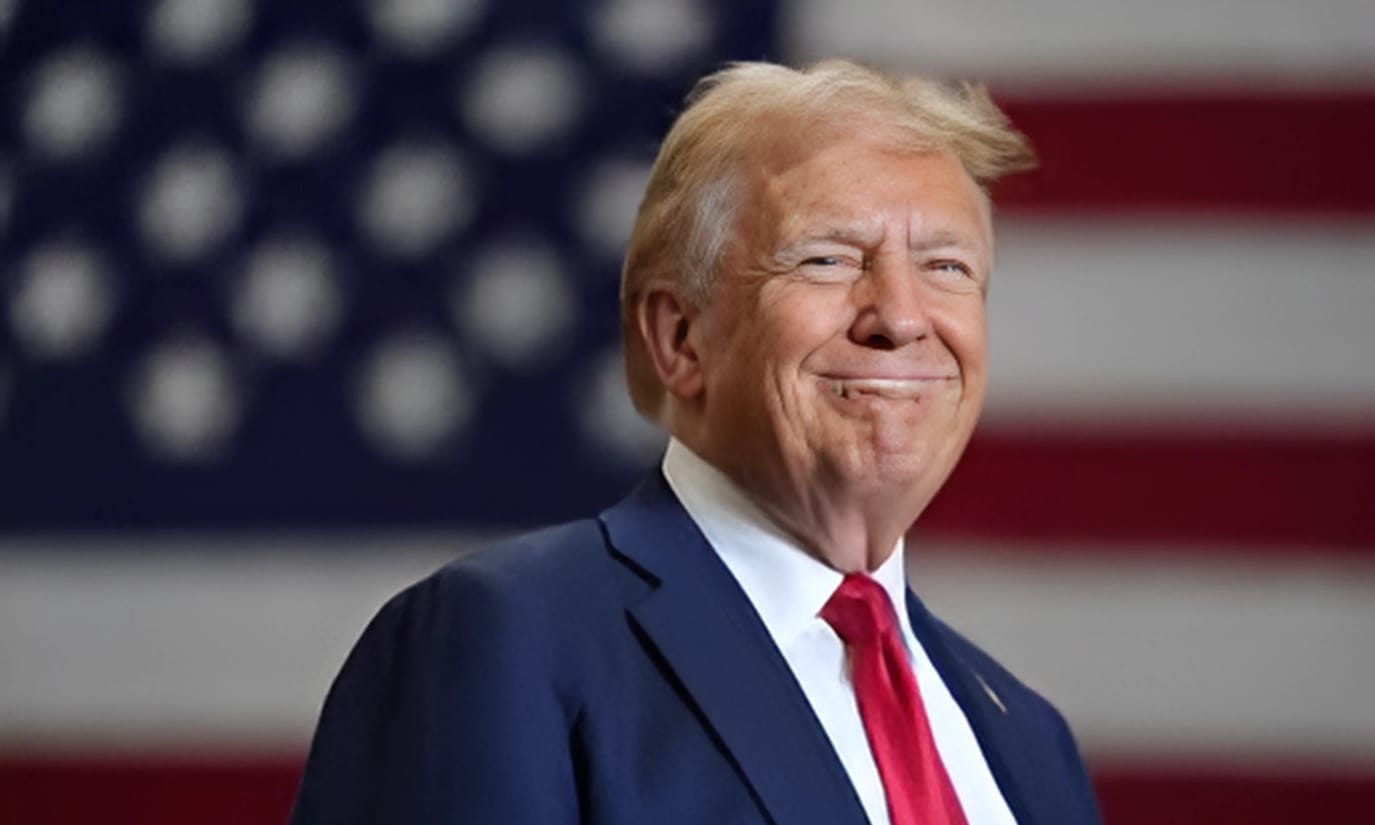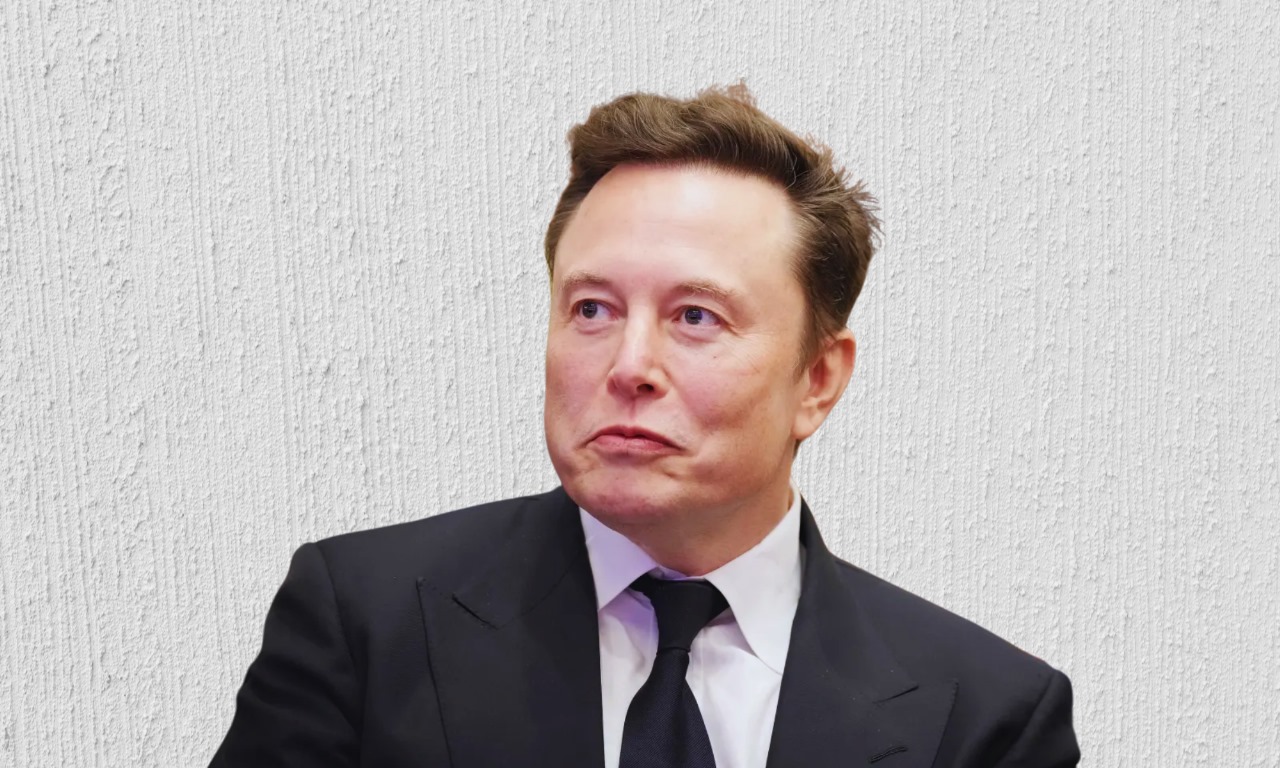Trump’s Tariff Plan Sparks Global Reactions: 25% on Canada & Mexico, 10% More on China

President-elect Donald Trump has declared plans to introduce significant tariffs on imports from Mexico, Canada, and China immediately after taking office on January 20.
In a social media post, Trump pledged to sign an executive order imposing a 25% tariff on all goods from Mexico and Canada and an additional 10% tariff on Chinese imports.
These measures aim to address issues such as illegal immigration, drug smuggling, and to strengthen domestic manufacturing. India, notably, is absent from these initial tariff plans.
Massive Tariff Hikes to Begin
On Monday, Trump announced his intentions to impose steep tariffs, warning that these measures could significantly raise costs for American businesses and consumers. The President-elect explained that these actions are a response to illegal immigration and drug trafficking across the U.S. border.
“On January 20th, as one of my many first Executive Orders, I will sign all necessary documents to charge Mexico and Canada a 25% Tariff on ALL products coming into the United States, and its ridiculous Open Borders,” Trump wrote on Truth Social.
He added that these tariffs would remain until the flow of drugs, particularly fentanyl, and illegal immigration ceases.
China will also face increased tariffs, with Trump announcing a 10% hike on top of existing tariffs.
He attributed this decision to China’s failure to curb the export of synthetic opioids to the U.S. Despite past assurances from Chinese officials about cracking down on drug trafficking, Trump stated these promises were not fulfilled. “I have had many talks with China about the massive amounts of drugs, in particular fentanyl, being sent into the United States – but to no avail,” Trump wrote.
Reactions from Targeted Countries
China, Canada, and Mexico have pushed back against Trump’s announcement. Liu Pengyu, a spokesperson for the Chinese Embassy, asserted that his country has actively collaborated with the U.S. on counter-narcotics efforts.
“The idea of China knowingly allowing fentanyl precursors to flow into the United States runs completely counter to facts and reality,” he said. Liu also emphasized the mutual benefits of U.S.-China trade relations, cautioning that “no one will win a trade war or a tariff war.”
Mexico’s President Claudia Sheinbaum criticized Trump’s approach, stating that tariffs would only escalate tensions. She warned, “Imposing one tariff would mean another comes in response, continuing like this until we put shared companies at risk.”
Similarly, Canadian officials reaffirmed their commitment to border security while expressing a willingness to work with the incoming administration.
Canadian Prime Minister Justin Trudeau called Trump shortly after the announcement. Trudeau described the conversation as constructive, highlighting the close economic ties between the two nations. “We talked about some of the challenges that we can work on together, and it was a good call,” Trudeau said.
Economic Impact of the Proposed Tariffs
Economists and financial analysts have raised concerns over the potential consequences of Trump’s tariff plan.
Karl Schamotta, a market strategist at Corpay Cross-Border Solutions, warned that such measures could disrupt supply chains, increase tax burdens by $272 billion annually, and further strain inflation-weary households.
The announcement immediately impacted financial markets. The Canadian dollar and Mexican peso both fell against the U.S. dollar, although they recovered slightly by Tuesday morning.
China’s yuan also saw fluctuations. Meanwhile, the Dow dropped 50 points, reflecting investor apprehension about the proposed tariffs’ effect on economic growth.
The U.S. Import Landscape
The U.S. imports substantial goods from Canada, Mexico, and China. Canada’s oil exports to the U.S. reached a record 4.3 million barrels per day in July, alongside cars, machinery, plastics, and wood.
Mexico surpassed China as America’s largest exporter in 2023, supplying electronics, machinery, furniture, and alcohol. From China, the U.S. imports electronics, machinery, toys, and various household goods.
During Trump’s first term, tariffs affected $380 billion worth of Chinese goods, impacting items like luggage, bicycles, and televisions.
Many imports from Canada and Mexico were exempt due to the USMCA trade agreement, which replaced NAFTA. Trump’s new tariff plan could challenge the existing framework, raising questions about compliance with USMCA terms.
Implications of Tariff Policies
Trump’s use of tariffs has been a cornerstone of his economic strategy, aiming to boost domestic manufacturing and address trade imbalances. While Trump asserts that foreign countries bear the tariff costs, economists argue these costs are passed onto American businesses and consumers.
The Peterson Institute for International Economics estimates the proposed tariffs could cost each U.S. household over $2,600 annually.
Scott Bessent, Trump’s nominee for Treasury Secretary, downplayed inflationary concerns, suggesting a gradual rollout of tariffs.
However, trade wars resulting from retaliatory measures by affected countries could undermine the benefits of domestic manufacturing.
Trump’s plans include a broad 10-20% tariff on all imports, with specific proposals for up to 60% on Chinese goods. As he prepares for his second term, Trump’s tariff strategy signals a continuation of his hardline approach to international trade.









